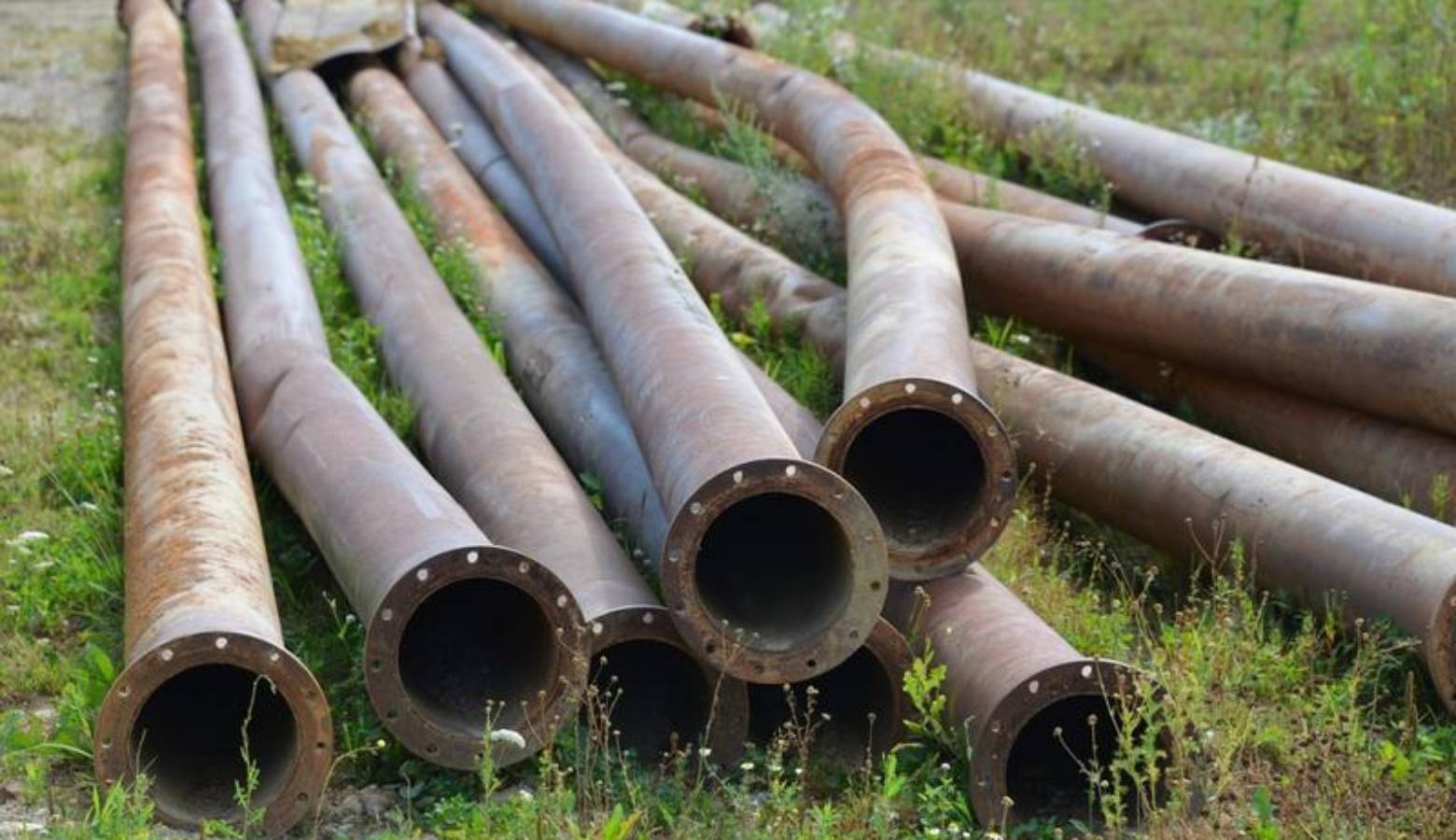Bill Would Help Smaller Utilities Address Lead In Drinking Water

A bill that will help smaller utilities address lead in drinking water passed out of a state Senate committee on Thursday. It would allow those utilities to replace lead pipes owned by their customers.
Long-term exposure to lead can cause a host of problems, especially in children — including trouble learning, behavioral issues, and poor kidney function.
But many homeowners don’t have the money to replace the last section of lead pipe leading to their homes. If a utility only replaces the pipes they own, it can disturb the homeowner’s lead line and cause more contamination.
That’s why in 2017, the state passed a law allowing investor-owned utilities to replace customer-owned pipes and recover the cost through rates.
“The language in this bill, with respect to lead service lines, opens the door to municipally-regulated utilities to do the same,” says Joe Sutherland of Citizens Energy Group.
Citizens Energy Group is one of more than 300 municipal water utilities in the state.
READ MORE: State Law Used To Replace Lead Pipes In Northwest Indiana
Kerwin Olson, executive director of the Citizens Action Coalition, says he’s pleased to see a bill that would allow all water utilities to replace these pipes and better protect public health.
“Especially considering that the majority of utilities are nonprofit or municipally-held,” Olson says.
Sen. Lonnie Randolph (D-East Chicago) also expressed support for the bill, saying it would benefit residents in East Chicago who have been plagued by lead pollution from the soil and the water.
The bill would also allow Indiana utilities to more quickly recover the cost of addressing emerging water pollutants — like PFAS, the toxic chemicals found in firefighting foams that have contaminated groundwater at military bases around the country.
Contact Rebecca at rthiele@iu.edu or follow her on Twitter at @beckythiele.
Indiana Environmental reporting is supported by the Environmental Resilience Institute, an Indiana University Grand Challenge project developing Indiana-specific projections and informed responses to problems of environmental change.

